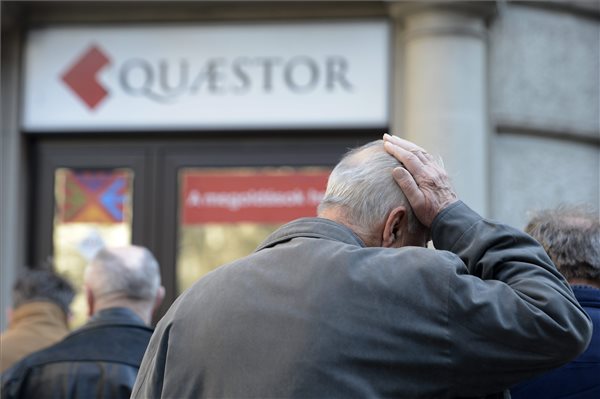Együtt
Egyutt files criminal complaint over suspected Szell Kalman Square graft

Opposition criticises PM over Baile Tusnad speech

Hungarian politicians pay tribute to 1956 martyr Imre Nagy

Egyutt calls on Olympic cttee to release feasibility study for hosting 2024 games

Opposition calls on minister to reveal security details of billboard campaign

Police launch procedures against natl consultation billboard vandals

Top court axes land asset law amendment on national parks

Jobbik and Egyutt critical of Orban’s remarks on refugee issue

Political parties mark International Workers’ Day

Együtt accuses Matolcsy of lying on asset declaration, demands probe

INVESTIGATION ON BUDAPEST REAL ESTATE SCANDAL

Opposition blames PM for Quaestor troubles

Left-wing opposition parties slam visit

Szigetvari elected Egyutt leader

Egyutt proposes parliamentary day of debate on residency bonds

Egyutt wants parliament to amend election laws this year

Opposition parties congratulate Syriza on election win

Opposition slams Orban for anti-immigration remarks





 ZH
ZH IT
IT DE
DE HR
HR NL
NL FR
FR JA
JA RO
RO RU
RU ES
ES TR
TR
